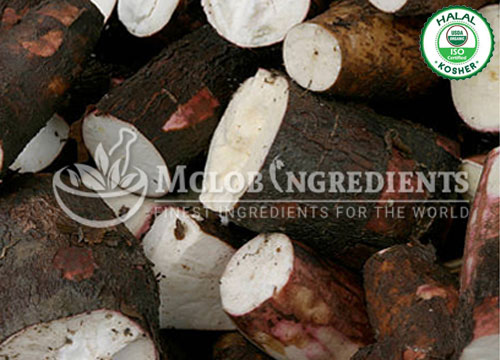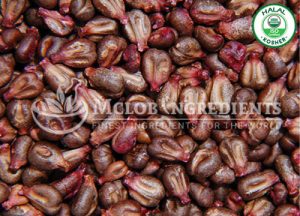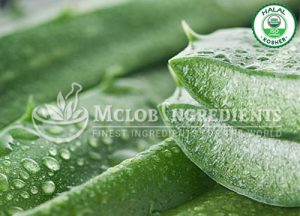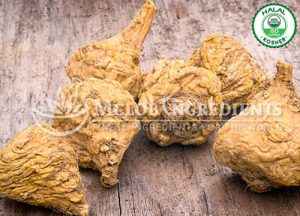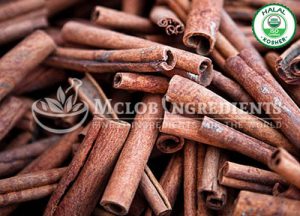Arrowroot is a tropical tuber. It is native to Indonesia. It’s usually processed into a powder form called arrowroot flour. This is extracted from the plant’s rhizome an underground stem with multiple roots that store its energy and starch. These are used for cooking and they may have medicinal properties as well. Arrowroot is high in protein and several nutrients and also contains minerals such as phosphorous, iron, and potassium. It is very easy to digest, making it ideal for children and older adults who may need gentler food. It provides over 100% of the DV for folate, which is essential for development during pregnancy and DNA formation. Low levels of this vitamin increased the risk of birth defects and chronic diseases like cancer.
Benefits:
- Arrowroot contains no gluten.
- B-vitamin powerhouse.
- Boosts metabolic rate.
- Supports healthy digestion.
- Good for your little munchkins.
- Promotes healthy sleep.
- It has high potassium to sodium ratio, good for your heart.
- Promotes good circulation.
- It may lower cholesterol levels.
- Aid to weight loss.
- Improves kidney.
- Arrowroot is used for a long-term disorder of the large intestines that causes IBS, diarrhea, stomach pain other stomach and intestinal disorders, painful gums, and other conditions, but there is no good scientific evidence is available to support these uses.
Side effect:
Arrowroot is used in larger amounts than might cause constipation and stomach discomfort.
Precautions:
In Pregnancy and breastfeeding is possibly safe when taken by mouth in food amounts. But a larger amount of arrowroot should be avoided.
Interaction: Currently there is no information related to the arrowroot interaction.
Dosing: It depends on various factors such as health, age, and several other conditions.



